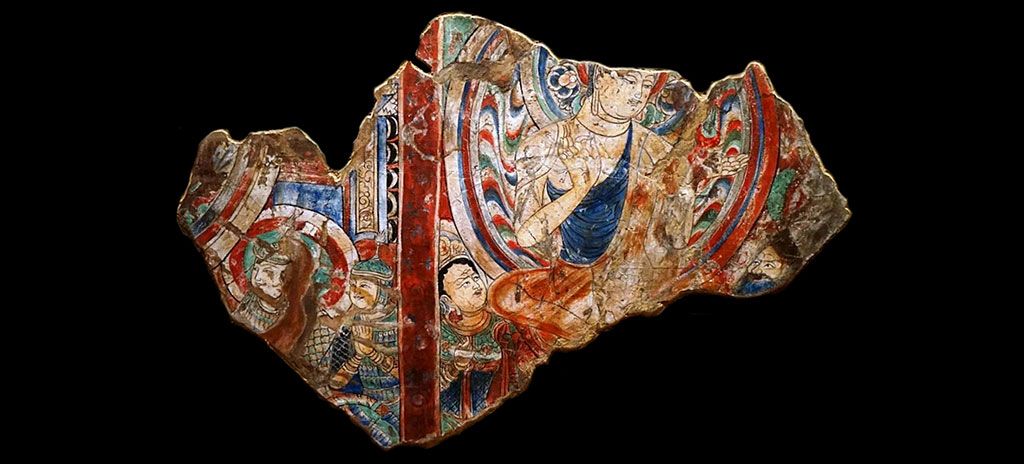Speaker: Jan Nattier
Date & Time: Thursday, October 10, 2024 | 5pm
Venue: 3335 Dwinelle Hall, South Dr, Berkeley, CA 94720
Sponsor: Numata Center for Buddhist Studies, Glorisun Global Buddhist Network
Contact Info: Sanjyot Mehendale, (510) 643-5104, buddhiststudies@berkeley.edu
Access Coordinator: Sanjyot Mehendale, buddhiststudies@berkeley.edu, (510) 643-5104
Abstract: The Scripture in Forty-two Sections is one of the most famous texts in the Chinese Buddhist canon. According to tradition it was the first Buddhist scripture to be translated into Chinese, brought by envoys sent to the West by the Han emperor Ming (r. 58-75 CE). This account is now widely considered to be a pious fiction, but the date of production of the text has been an ongoing topic of controversy, with current scholarly estimates ranging from the early 2nd century to the 5th century CE. The nature of the text has been contested as well, with some considering it a genuine translation (either of an integral Indian scripture or of a selection of excerpts from various Indian sources), while others have claimed that it is an outright forgery produced in China. In this paper I will offer a brief survey of these views and the assumptions on which they are based, before turning to a close examination of the content and terminology of the text itself. Taken together with the testimony of external sources—not only Buddhist but Daoist—we are now in the position to use a number of new tools to place this unique scripture within the overall context of Chinese Buddhist history.
Speaker: Jan Nattier did her undergraduate work in comparative religion (specializing in Buddhism) at Indiana University, where she also began graduate training in the Department of Uralic and Altaic Studies. She completed her Ph.D. at Harvard University in 1988 under the Committee on Inner Asian and Altaic Studies (specializing in classical Mongolian). She has taught at Macalester College, the University of Hawaii, Stanford University, Indiana University, and the University of Tokyo, before serving as Research Professor at the International Research Institute for Advanced Buddhology (Soka University, Tokyo, Japan) from 2006-2010. Subsequently she has taught as a Visiting Professor at Stanford University, the University of Washington, and the University of California at Berkeley, where she is currently a Visiting Scholar. Her publications include Once Upon a Future Time: Studies in a Buddhist Philosophy of Decline (1991), A Few Good Men: The Bodhisattva Path according to the Inquiry of Ugra (2003), and A Guide to the Earliest Chinese Buddhist Translations (2008), as well as a variety of journal articles, encyclopedia entries, and book reviews.
See the original event posting here.

